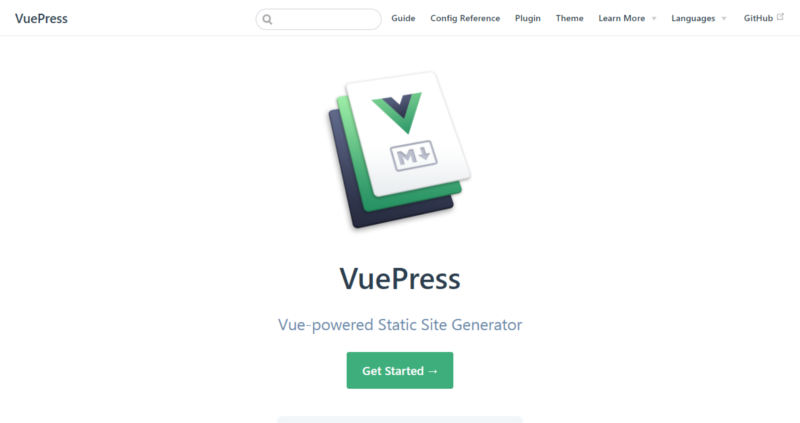
Let's say your next project is going to be a simple HTML website for a resumé, marketing a product or service, documenting your software, or something along those lines. A great option for you is to build your website using static site generators (SSG).
There are tons of static site generators in a range of programming languages, such as JavaScript, Ruby, Go — the list goes on.
In this article, I'm going to list five popular static site generators and their main features, so that you can form a better idea of which one among them would be a good fit for your project.
I'm not claiming that I've provided the definitive list of SSGs or that I personally favor any of the software I include in my list over any other that's available out there. However, all of the products in the list are popular, performant, well-documented and well-supported.
What Is a Static Site Generator?
A common CMS (Content Management System), like WordPress for instance, builds the web page dynamically as it is being requested by the client: it assembles all the data from the database, and processes the content through a template engine.
On the other hand, a static site generator:
takes a different approach and generates all the pages of the website
once when there's actually changes to the site. This means there's no
moving parts in the deployed website. Caching gets much easier, performance goes up and static sites are far more secure. - StaticGen.
If you're curious and would like to learn more, this great article by Brian Rinaldi looks closely at the inner workings of static site generators.
Now, let's go through some options.
The post Static Site Generators: A Beginner’s Guide appeared first on SitePoint.
by Maria Antonietta Perna via SitePoint
No comments:
Post a Comment